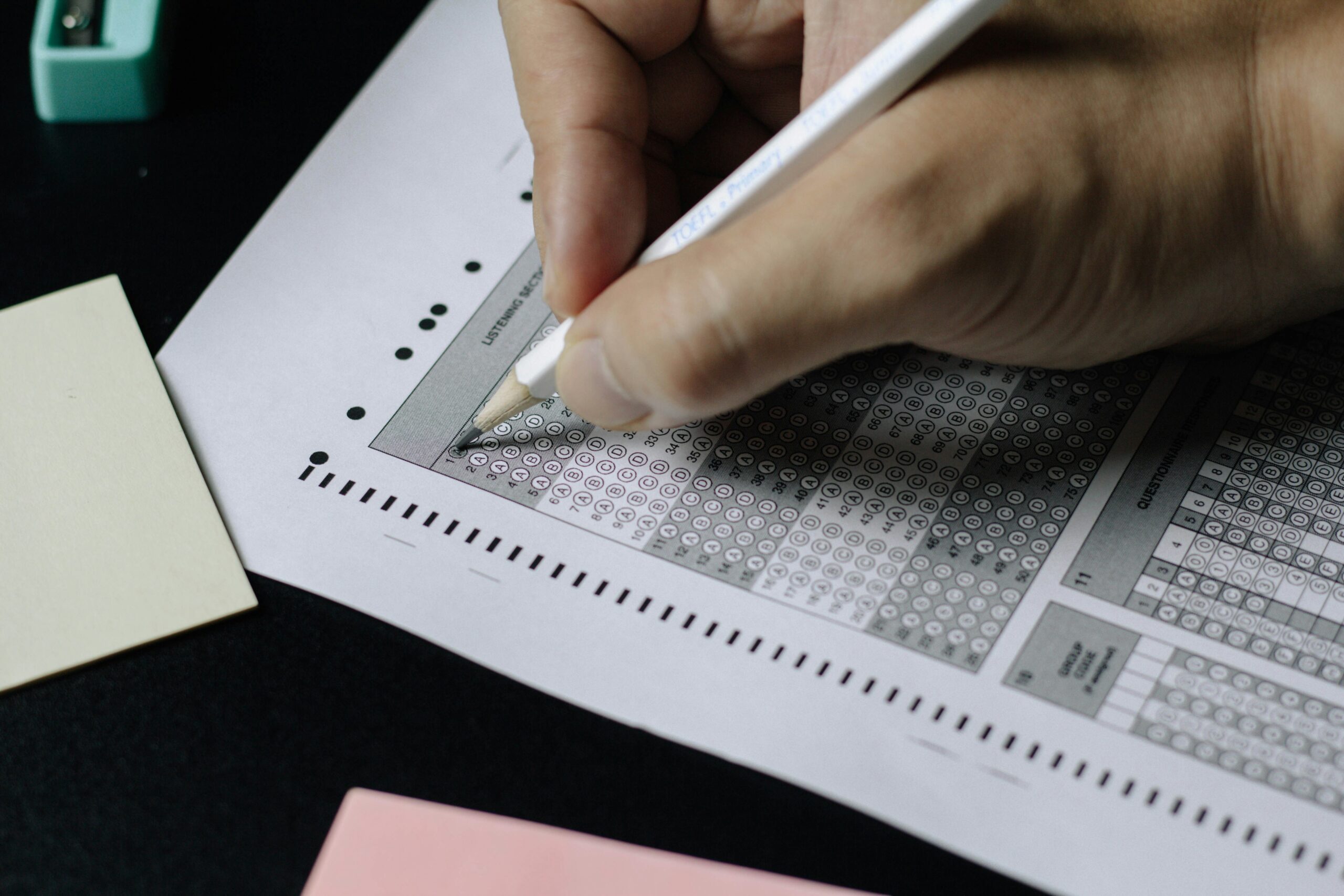The Akuna Capital US Campus Trader Math Test is a pivotal step for candidates pursuing a trading career at Akuna Capital, one of the most dynamic trading firms in the United States. This test is designed to measure mathematical aptitude, problem-solving skills, and speed, all of which are critical for success in the fast-paced world of trading. For aspiring traders, excelling in this test is key to advancing to the next stages of the recruitment process. This guide will delve into what makes the Akuna Capital math test unique, what you can expect, how to prepare, and the kind of career opportunities that await successful candidates.

What Is the Akuna Capital US Campus Trader Math Test?
The Akuna Capital US Campus Trader Math Test is a rigorous assessment designed to evaluate a candidate’s mathematical abilities and problem-solving skills. Trading requires quick decision-making based on numerical data, and the math test reflects these demands by focusing on mental math, probability, and statistics.
This exam is timed, meaning not only do you have to be accurate, but also fast. The questions cover a wide range of topics such as percentages, ratios, algebra, and probability. Many problems also feature scenarios that mimic real-life trading situations, such as determining the potential outcomes of different investment strategies or predicting market trends based on historical data.
Key Areas Covered in the Math Test
- Mental Math and Speed
One of the most important skills for traders is quick mental math. You may be asked to perform complex calculations without the aid of a calculator, such as multiplying large numbers, calculating percentages, or working with fractions in high-pressure situations. For example, a trader must quickly determine profit margins or risk exposure based on fluctuating market prices. - Probability and Statistics
Trading is inherently probabilistic, meaning that successful traders can assess the likelihood of various outcomes. The test will feature questions that test your understanding of probability, statistics, and decision-making under uncertainty. You might face questions like calculating the expected value of a trade or determining the probability of an event occurring within a market context. - Algebra and Problem Solving
A strong grasp of algebra is essential for making sense of market models and algorithms. Questions on the test will require you to manipulate algebraic expressions, solve equations, and analyze financial data. For example, you could be asked to balance supply and demand equations or optimize profit in a given scenario. - Data Interpretation
Another key component of the test involves interpreting and analyzing data. This includes reading graphs, understanding trends, and making projections based on the available data. Traders often rely on technical analysis to predict future price movements, and being able to accurately interpret charts is an important skill tested in this exam.
How to Prepare for the Akuna Capital Math Test
1. Sharpen Your Mental Math Skills
The ability to quickly compute numbers in your head is crucial. You can practice mental math exercises that focus on multiplication, division, percentages, and ratios. Websites like Mental Math Trainer or apps designed for improving speed and accuracy can help you train daily. Try practicing under time constraints to simulate the test environment.
2. Master Probability and Statistics
Familiarize yourself with common probability problems such as calculating expected values, understanding distributions, and Bayesian reasoning. Reviewing key statistical concepts such as mean, median, variance, and standard deviation is also highly recommended. You can use textbooks, online resources, or platforms like Khan Academy for targeted learning.
3. Review Algebra and Financial Equations
Traders often work with algebraic models to predict market movements. Brush up on solving equations, simplifying expressions, and understanding functions. Practice problems that involve financial data, as these are common in the test.
4. Practice with Timed Mock Tests
Since the test is timed, practicing under similar conditions is important. Take practice tests online or use math problem sets from resources like Quantitative Finance books. Working through these problems quickly and efficiently will help you develop the stamina and speed required.
Why the Math Test Is Important for Traders
The Akuna Capital US Campus Trader Math Test isn’t just about assessing your numerical skills—it’s also about evaluating your ability to handle pressure, make quick decisions, and think critically in high-stakes situations. In trading, decisions must often be made in seconds, and any misstep can result in significant financial loss. Therefore, excelling in the math test demonstrates that you have the mathematical competence and the mental resilience to succeed in the fast-paced world of trading.
The math test acts as a filter to identify candidates who can thrive in an environment where speed and accuracy are non-negotiable. Akuna Capital looks for traders who are not only good at math but also capable of applying mathematical concepts to real-world financial scenarios. In essence, this test mirrors the demands of a trading career, making it a crucial step in the recruitment process.
Career Opportunities After Passing the Math Test
Passing the Akuna Capital US Campus Trader Math Test opens the door to a wide range of career opportunities within the firm. Akuna Capital is known for its innovative approach to trading, particularly in the use of technology and algorithms to execute trades more efficiently. Successful candidates can expect to work in a dynamic environment where they’ll have the opportunity to develop and implement trading strategies, work with cutting-edge technology, and collaborate with other skilled traders.
Moreover, Akuna Capital values merit and performance, meaning that traders who excel can quickly advance within the company. Whether you’re interested in market-making, arbitrage, or high-frequency trading, passing the math test is the first step toward building a rewarding career in finance.
Conclusion
The Akuna Capital US Campus Trader Math Test is a challenging but crucial part of the trading recruitment process. This comprehensive exam tests candidates on essential mathematical skills, including mental math, probability, algebra, and data interpretation. For those who pass, a career at Akuna Capital offers the chance to work in one of the most innovative and fast-paced trading environments in the world. Preparation is key, and candidates should focus on practicing their mental math, reviewing key probability and algebra concepts, and taking timed practice tests. By doing so, you’ll be well-equipped to ace the test and start your journey toward a successful trading career.

FAQs
- What is the Akuna Capital US Campus Trader Math Test?
It is a timed math test that assesses a candidate’s ability to perform mental math, understand probability, and solve algebraic problems essential for a trading career. - What topics are covered in the test?
The test includes mental math, probability, statistics, algebra, and data interpretation. - How can I prepare for the math test?
Practice mental math exercises, review probability and statistics, solve algebra problems, and take timed mock tests. - Why is speed important in the math test?
Traders must make quick decisions, often under pressure. The test evaluates how well you can perform calculations quickly and accurately. - What happens after passing the math test?
Successful candidates can move on to the next stage of Akuna Capital’s recruitment process, potentially leading to a trading career. - Are calculators allowed in the test?
No, the test is designed to assess your mental math skills, so calculators are not permitted.
Example Table: Core Skills Assessed in Akuna Capital’s Math Test

This table provides a quick overview of the key skills you’ll need to focus on when preparing for the test. Each skill is critical in different aspects of trading, and mastering them will increase your chances of success.











